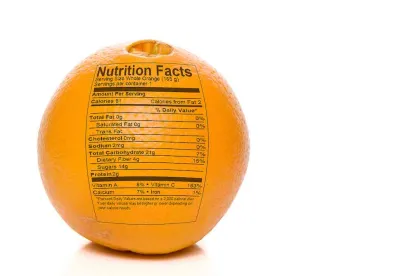Beginning in 2020, the advertising world saw an explosion of putative class-actions challenging the use of “vanilla” to describe products where the vanilla flavoring allegedly is not derived exclusively from the vanilla bean plant. We previously blogged about several such cases. One plaintiff’s attorney alone, Spencer Sheehan, has filed—and continues to file—hundreds of these cases. However, we suspect this trend will begin to subside, as courts have largely disposed of these cases at the pleading stage. Two recent decisions out of the Northern District of California and Eastern District of New York illustrate the challenges plaintiffs’ lawyers face in keeping these lawsuits afloat. Garadi v. Mars Wrigley, No. 19-cv-03209-RJD-ST (E.D.N.Y. July 6, 2021); Fahey v. Whole Foods Market, Inc. et al., No. 20-cv-06737-JST (N.D. Cal. June 30, 2021).
In Fahey v. Whole Foods, plaintiff alleged that the labeling of Whole Foods’ 365 Organic Unsweetened Almond Vanilla Beverage was false and misleading because the vanilla flavor is derived from synthetic vanillin, rather than from the vanilla bean plant. Similarly, in Garadi v. Mars Wrigley, plaintiffs alleged they were deceived by the word “vanilla” on the packaging of Dove-brand ice cream bars because the flavor does not come exclusively from vanilla beans or extract. Plaintiffs in both cases contend they would not have purchased the products, or would have paid less, had they been aware of the true composition, and brought claims under the consumer protection laws of their respective states.
Citing district courts around the country, the court in Fahey held that the word “vanilla” standing alone (without any qualifying terms) would not be likely to mislead a reasonable consumer into believing that the product’s vanilla flavor came exclusively or predominantly from vanilla beans. The court noted that its conclusion was bolstered by the fact that the product label lacked any phrases or images, such as “made with,” that would lead a reasonable consumer to understand “vanilla” to be referencing an ingredient rather than a flavor. The court also concluded that survey data referenced by the plaintiff was not enough to overcome this deficiency, noting that plaintiff failed to provide any information about how the survey was conducted, what questions were asked, or how many consumers participated. On these grounds, the court granted Whole Foods’ motion to dismiss.
In the same vein, the court in Garadi found that plaintiffs failed to plausibly allege that a reasonable consumer acting reasonably under the circumstances would be misled by the phrase “vanilla ice cream.” Instead, the court found that the product’s label merely indicates that the ice cream is vanilla flavored. Absent allegations that the ice cream does not taste like vanilla, the Garadi court also found plaintiffs’ claims to be ripe for dismissal.
These decisions are unsurprising, as numerous “vanilla” cases previously failed at the pleading stage. However, while new “vanilla” cases may no longer be the “flavor of the month” among members of the plaintiff’s bar, we don’t expect flavor-related litigation to disappear any time soon. Plaintiffs’ lawyers have recently set their sights on claims involving other flavor profiles, such as “strawberry,” “fudge,” “smoked,” “lemon,” “butter,” and “lime.”




 />i
/>i

